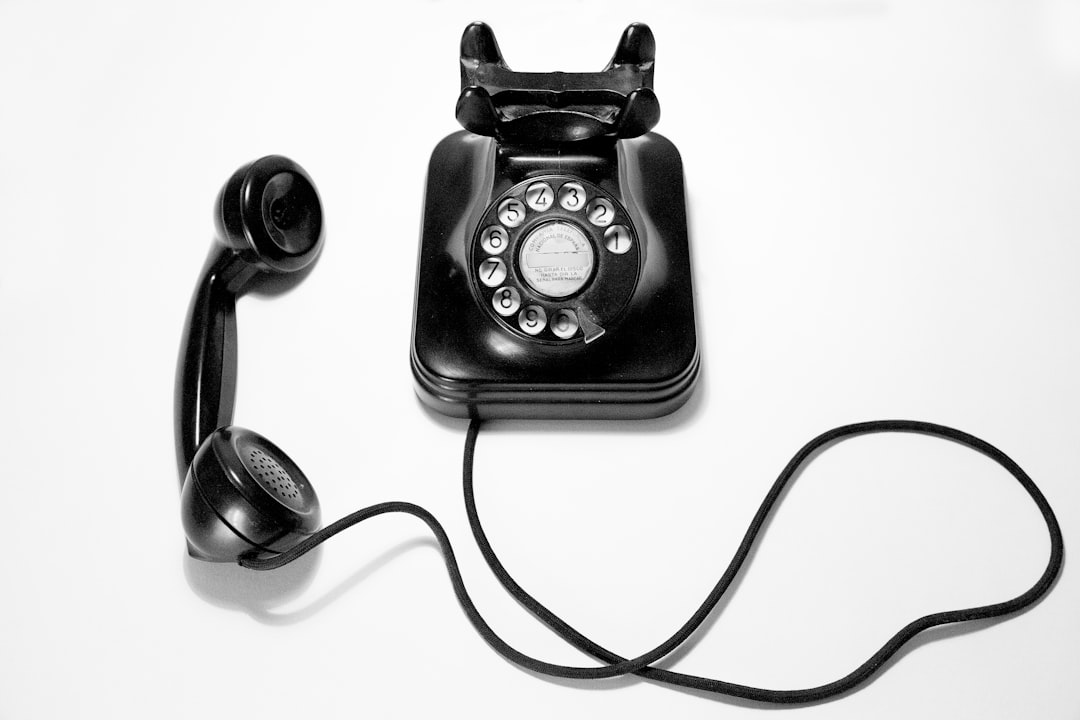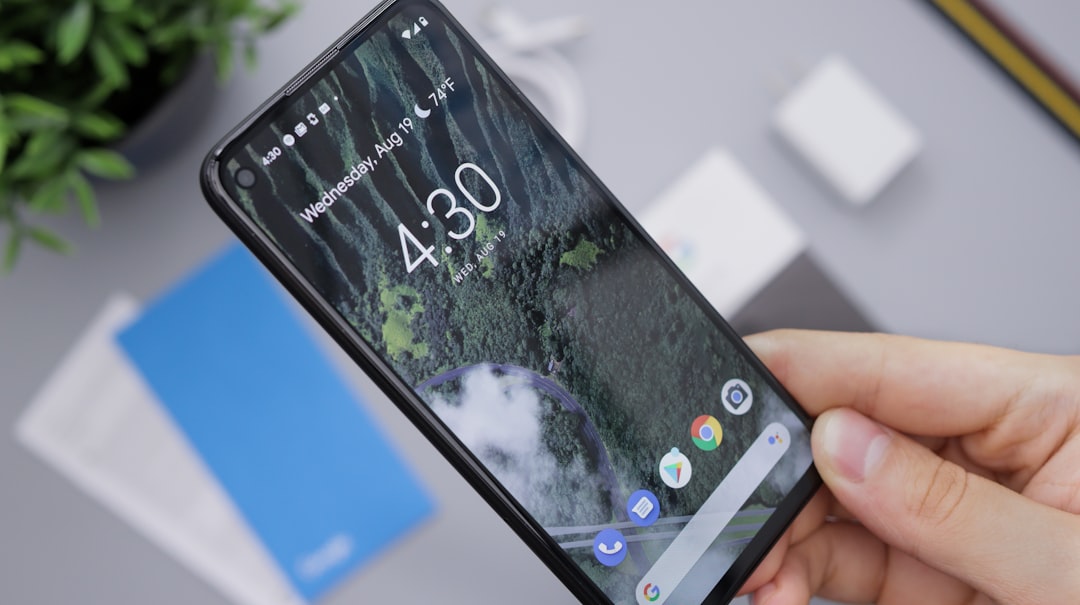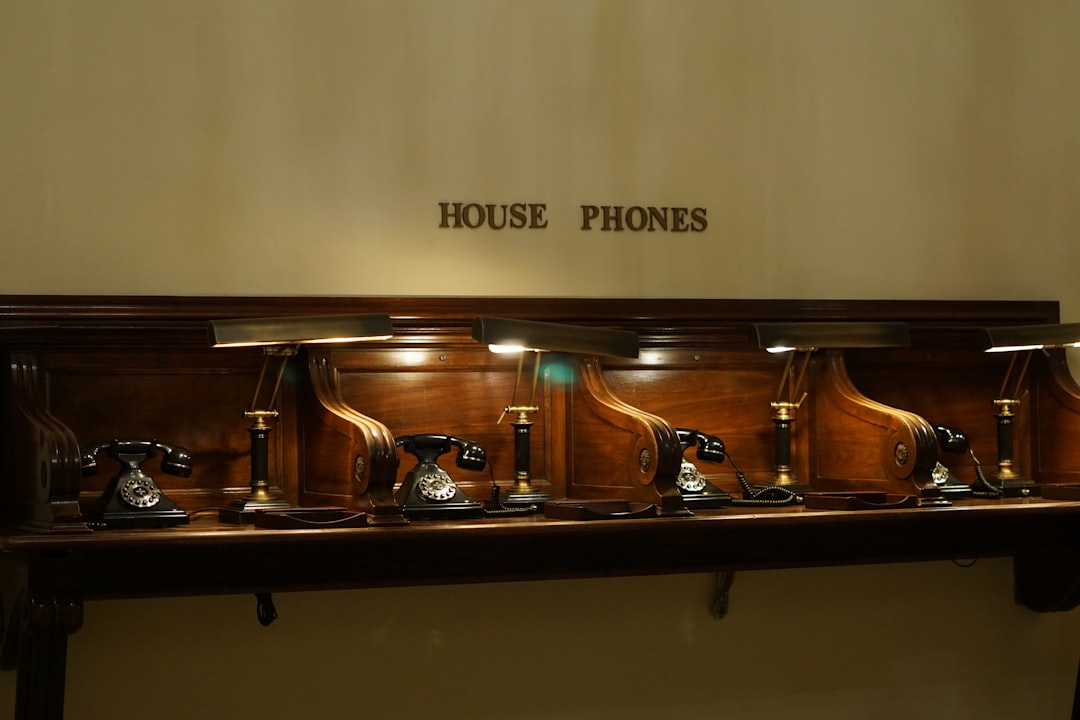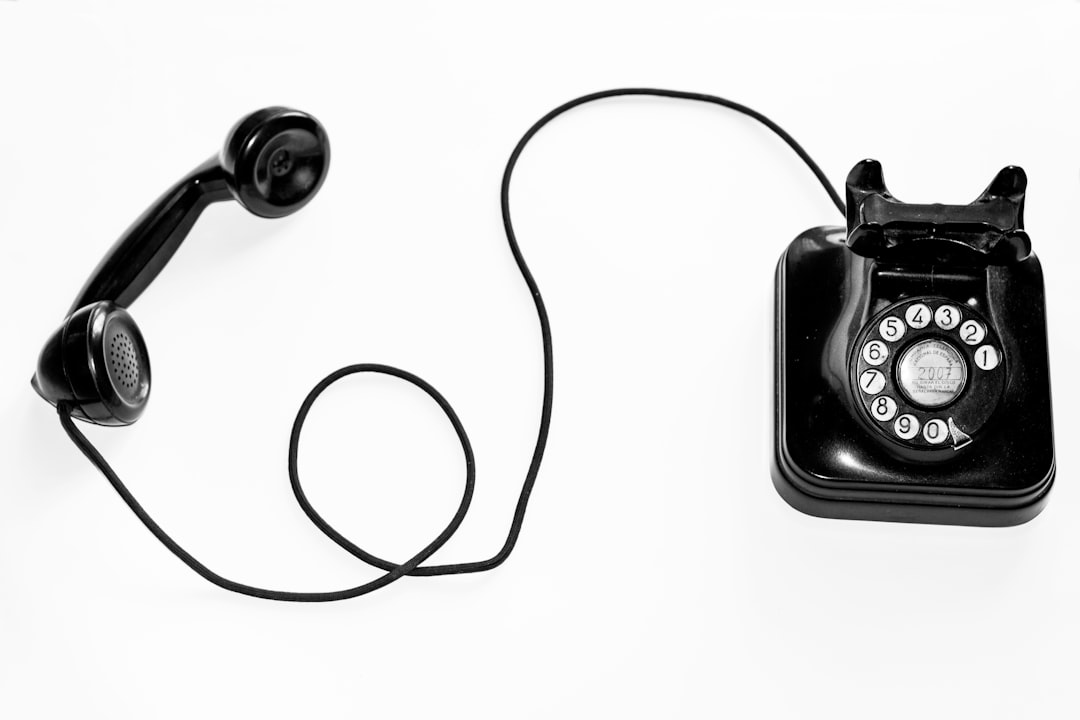In Florida, the Telephone Consumer Protection Act (TCPA) regulates telemarketing and consumer privacy, with strict guidelines for businesses using autodialers to avoid lawsuits and heavy fines. Understanding the TCPA is vital, particularly the definition of an 'autodialer' and consent rules. Reputable autodialer law firms in Florida can help manage compliance by implementing best practices, obtaining informed consent, and staying updated on legal changes. Firms should invest in compliant technology, train staff, keep detailed records, and respect consumer preferences to minimize TCPA violations and protect their reputation. Adhering to TCPA standards is crucial for autodialer law firms operating in Florida's legal market.
In Florida, understanding and adhering to TCPA regulations is paramount for businesses to avoid costly violations. This comprehensive guide navigates the complexities of the Telephone Consumer Protection Act, focusing on its impact in the Sunshine State. We explore key scenarios triggering TCPA compliance requirements, offering strategic insights tailored for Florida law firms aiming to prevent violations. From recognizing common pitfalls to implementing effective solutions, this article equips businesses with the knowledge to ensure lawful autodialer usage and protect their operations from legal repercussions.
Understanding the TCPA and Its Impact in Florida

In Florida, like across the nation, the Telephone Consumer Protection Act (TCPA) plays a pivotal role in regulating telemarketing practices and consumer privacy. This federal law was enacted to curb abusive calling practices and give consumers control over their phone lines. The TCPA restrictions are especially significant for Florida’s thriving business community, particularly those involving the use of autodialers. These automated dialing systems, while efficient, must adhere to strict guidelines to avoid legal repercussions. Business owners should be aware that a single violation can result in substantial financial penalties and damage to one’s reputation.
Florida’s implementation of TCPA laws means that any unauthorized or unsolicited phone calls made through an autodialer can have severe consequences. Law firms specializing in this area are increasingly seeing cases involving automated calling, with clients facing lawsuits for perceived violations. To mitigate these risks, businesses must understand the nuances of the TCPA, including its definition of an “autodialer” and the specific rules around consumer consent. Staying informed about these legal requirements is crucial to ensuring compliance and protecting one’s operations from potential TCPA-related issues.
Identifying Situations That Trigger TCPA Regulations

In Florida, as in many states, certain situations automatically trigger TCPA (Telemarketing Consumer Protection Act) regulations. The key lies in understanding what constitutes an autodialer under the law. This typically includes any technology or software that uses an automatic dialing system to place calls to telephone numbers stored in a database. If your marketing efforts involve such systems, it’s crucial to ensure compliance right from the start.
For instance, using an autodialer law firm Florida residents trust to handle their telemarketing campaigns can significantly reduce the risk of violations. Reputable firms stay abreast of changing regulations and employ best practices to prevent accidental breaches. They also have mechanisms in place for obtaining proper consent from consumers before making any automated calls, a critical aspect of TCPA compliance.
Strategies to Prevent Violations: A Law Firm's Guide

To prevent TCPA violations, Florida law firms should implement robust strategies that ensure compliance with the Telephone Consumer Protection Act. Firstly, invest in reliable and compliant autodialer technology. These systems must be designed to obtain proper consent before making automated calls, ensuring adherence to TCPA guidelines. Regular training sessions for staff on consent management and call handling procedures are essential to minimize errors and potential violations.
Moreover, maintain meticulous records of client consent, including the method of acquisition, duration, and revocation. This documentation should be easily accessible and up-to-date. By adopting these measures, a law firm in Florida can significantly reduce the risk of TCPA violations, fostering a culture of compliance and protecting both clients’ rights and the firm’s reputation.
Common Mistakes and Their Solutions for Compliance

In Florida, adhering to the Telephone Consumer Protection Act (TCPA) is crucial for law firms using autodialers to contact clients. Common mistakes often stem from a lack of understanding or negligence regarding specific rules. For instance, many firms mistakenly make automated calls to phone numbers obtained from third-party lists without proper verification, which violates the TCPA’s requirement for prior express consent. To avoid this, ensure that all telephone numbers are obtained directly from the consumer or through an established business relationship, and always obtain written consent before placing automated calls.
Another frequent oversight is failing to respect do-not-call requests. Consumers have the right to opt-out of receiving marketing calls, and it’s vital to honor these requests promptly. Implement robust systems to track and manage consumer preferences, ensuring no further contact is made unless expressly permitted. Additionally, using an autodialer for live agents’ calls without the necessary technology to connect directly with consumers can lead to TCPA violations. Law firms should invest in advanced autodialer systems that comply with regulations, allowing direct user-to-user connection and providing clear options for consumers to opt out of future calls.






